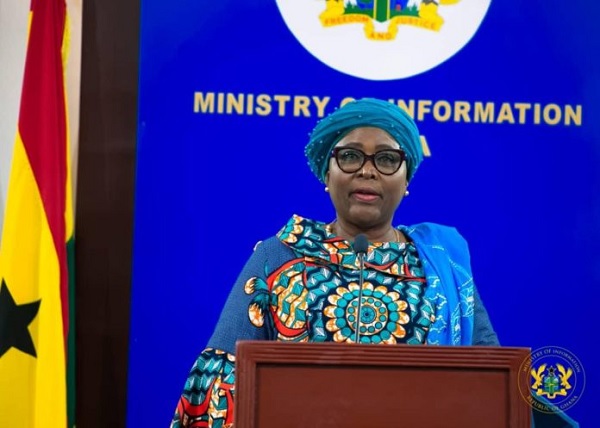
Make MMDAs self-sustaining
The local government system in Ghana is premised on the assumptions that development must respond to people’s problems and represent objectives and priorities.
The responsibility for development is shared by the central government, local governments, parastatals, non-governmental organisations (NGOs) and the people as the ultimate beneficiaries of development.
Advertisement
Metropolitan, Municipal and District Assemblies (MMDAs) in Ghana largely rely on national fiscal transfers from the central government for the development of their territorial jurisdictions.
District assembly financing resources are thus essential to enable local governments to translate their powers and competences into development activities.
However, reliance on such central government transfers has been found to be insufficient for the assemblies to discharge the full scope of their responsibilities.
The assemblies’ dependence on the central government for developmental resources is largely attributable to a number of factors that include shallow fiscal decentralisation, weak capacity to mobilise internally generated funds (IGF), and citizens’ low compliance with local level tax and non-tax revenue mobilisation initiatives.
It is for this reason that the Daily Graphic finds the assurance by the Minister of Finance, Mr Ken Ofori-Atta, to support MMDAs automate the collection and administration of revenues to increase their IGFs a worthy one.
This will deepen the decentralisation process and ensure that MMDAs are more efficient, effective and accountable in the implementation of policies and programmes.
For us at the Daily Graphic, the general objective of the country’s decentralisation policy is to fundamentally transform society by empowering citizens to take charge of their development agenda to improve their livelihoods.
This is primarily geared towards poverty reduction through the promotion of production and related activities in order to raise people’s income and material well-being.
The sources of IGF to the MMDAs include rents, taxes, property rates, licences and fees, among others.
It is our view that the MMDAs have sufficient power derived from the constitution to raise local tax and non-tax revenues.
In addition, most MMDAs rely on sub-national legislation and assemblies’ bye-laws for the management of internally generated revenues.
The general trend is that the MMDAs are raising limited revenues from local taxes or licences for businesses.
Given the low mobilisation of IGF, many assemblies are dependent on external resources such as the District Assemblies Common Fund (DACF) and the District Wide Assistance Programme (DWAP) to provide services for citizens.
We note that low IGF mobilisation by the assemblies undermines their fiscal autonomy and decision-making systems, since it increases their reliance on “external inflows” for development initiatives.
We think, therefore, that to increase the IGF of the local authorities, there should be provision of appropriate logistics and incentives for the revenue collectors and the intensification of education by emphasising the benefits of the payment of taxes to the assemblies.
As service delivery improves, the citizens see the impact of the taxes paid, which in turn acts as an incentive to pay.
The local authorities should also institute an adequate and equitable system of penalties which should be effectively applied by the courts within the assemblies.
The assemblies must also regularly compile adequate and accurate data on all businesses, as well as immovable properties and taxpayers in the local authorities for tax compliance. This will make the budget section of the local authorities to prepare a more realistic annual revenue estimate to avoid the huge deficits that characterise their revenues.
When this is strictly adhered to, the assemblies’ revenue generation will be enhanced for them to be self-sustaining.




